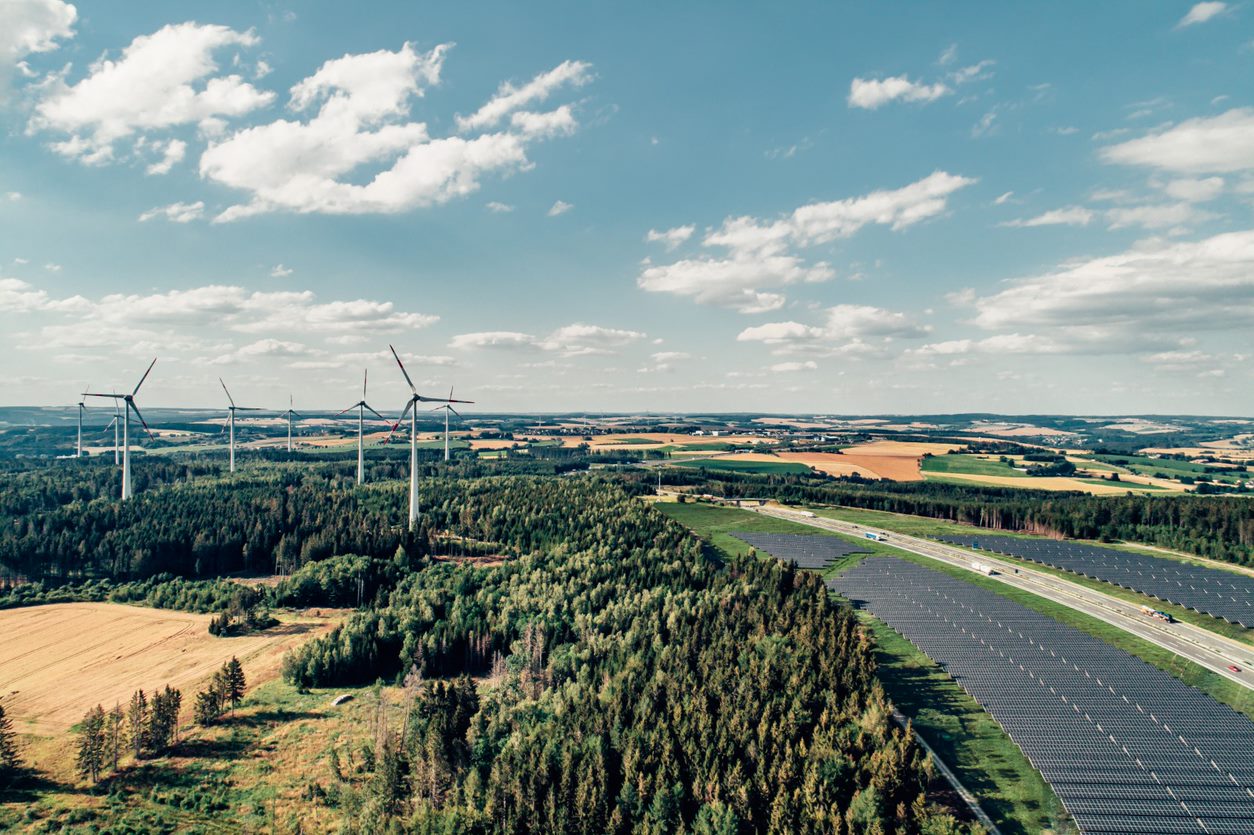Key Takeaways:
- BayWa r.e. has been awarded €6.5 million from the EU's LIFE Program to spearhead six Agri-PV projects across five European countries.
- These projects aim to integrate agriculture with solar power, a move anticipated to bolster commercial viability and address climate adaptation challenges.
- Under the EU LIFE ADAPT-PV, initiatives in France, Spain, and the Netherlands will combine fruit farming with solar energy (fruitvoltaics) to counteract climate change.
- The EU LIFE LEAD-PV project focuses on Germany, Spain, and Italy to explore Agri-PV scalability with arable crops, emphasizing carbon footprint reduction in farming.
- BayWa r.e. ‘s endeavors align with the EU's Farm to Fork Strategy, aspiring to a circular land use economy and amplifying land use efficiency.
BayWa r.e. continues to make a name for itself as an innovative trailblazer in sustainable agriculture and energy. Recently, the company secured a whopping €6.5 million in funding from the EU's LIFE Program. This substantial backing will drive six pioneering projects across France, Spain, the Netherlands, Germany, and Italy by 2027. Each project represents either a debut or a monumental leap for its respective market, with an overarching goal of marrying agriculture and solar power generation.
The Dawn of Agri-PV
The concept of Agri-PV isn't entirely new, but its massive potential is only beginning to be unearthed. BayWa r.e. has been at the forefront, showcasing the immense benefits of Agri-PV, particularly in enhancing fruit farming – a concept termed “fruitvoltaics.”
As part of the EU LIFE ADAPT-PV initiative, the projects in France, Spain, and the Netherlands seek to fortify fruitvoltaics against the brunt of climate change. They aim to offer a dual solution: crop protection and a boost in green solar energy production. What makes this even more compelling is the groundbreaking financing model that underpins these projects.
On the other side of the spectrum, the EU LIFE LEAD-PV project focuses on larger-scale applications of Agri-PV. Projects based in Germany, Spain, and Italy are delving into integrating Agri-PV with staple crops such as wheat and soya. Germany, in particular, is witnessing its inaugural large-scale exploration of Agri-PV with traditional crops. As the world grapples with burgeoning populations and mounting energy requirements, these projects promise revolutionary insights into maximizing land use efficiency.
Dr. Stephan Schindele, an Agri-PV authority at BayWa r.e., voiced his enthusiasm, emphasizing the imperative of cross-sectoral collaboration in surmounting the multifaceted challenges of climate change.
A Flourishing Partnership
The EU LIFE Program is the European Union's beacon for environmental and climate action. It channels funding into projects that resonate with its green policies, such as the Farm to Fork Strategy. This strategy envisions a more sustainable food system where the private sector's expertise is harnessed for the broader European good.
Embedded within this strategy is the ethos of a circular land use economy, a principle that is palpably evident in BayWa r.e. ‘s projects. Beyond mere sustainability, these projects will amass crucial data to finetune future endeavors, pushing them toward commercial self-sufficiency.
Bernd Decker, a luminary from the European Climate, Infrastructure and Environment Executive Agency, expressed his anticipation for collaborating with BayWa r.e. The fusion of agricultural and energy prowess that BayWa r.e. brings to the table promises significant strides in environmental conservation, ranging from plastic waste management and water conservation to CO2 emission cuts.
In essence, BayWa r.e. ‘s ambitious projects beckon a future where agriculture and energy coexist harmoniously, setting a gold standard for sustainable progress.
Image provided by BayWa r.e


